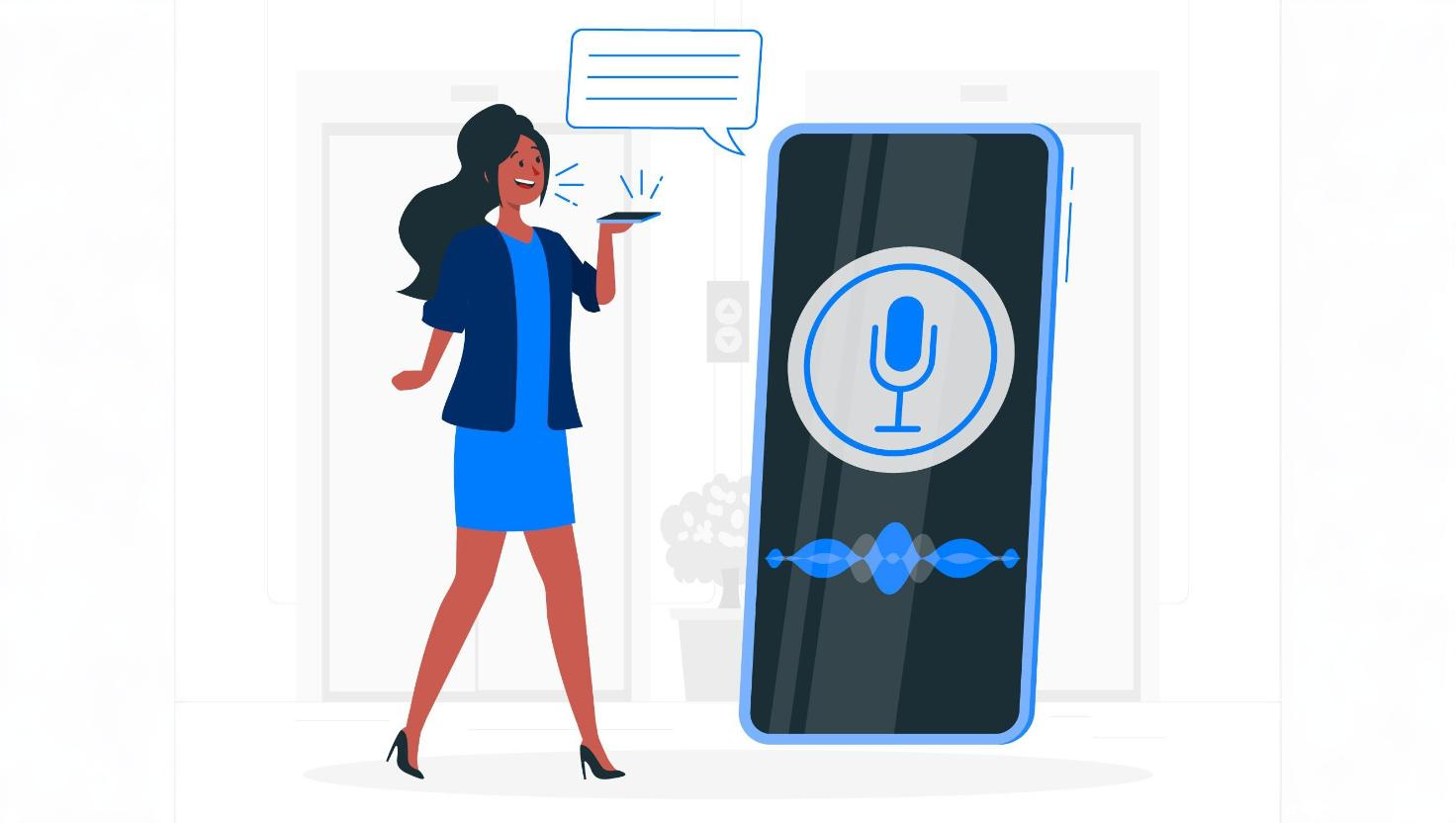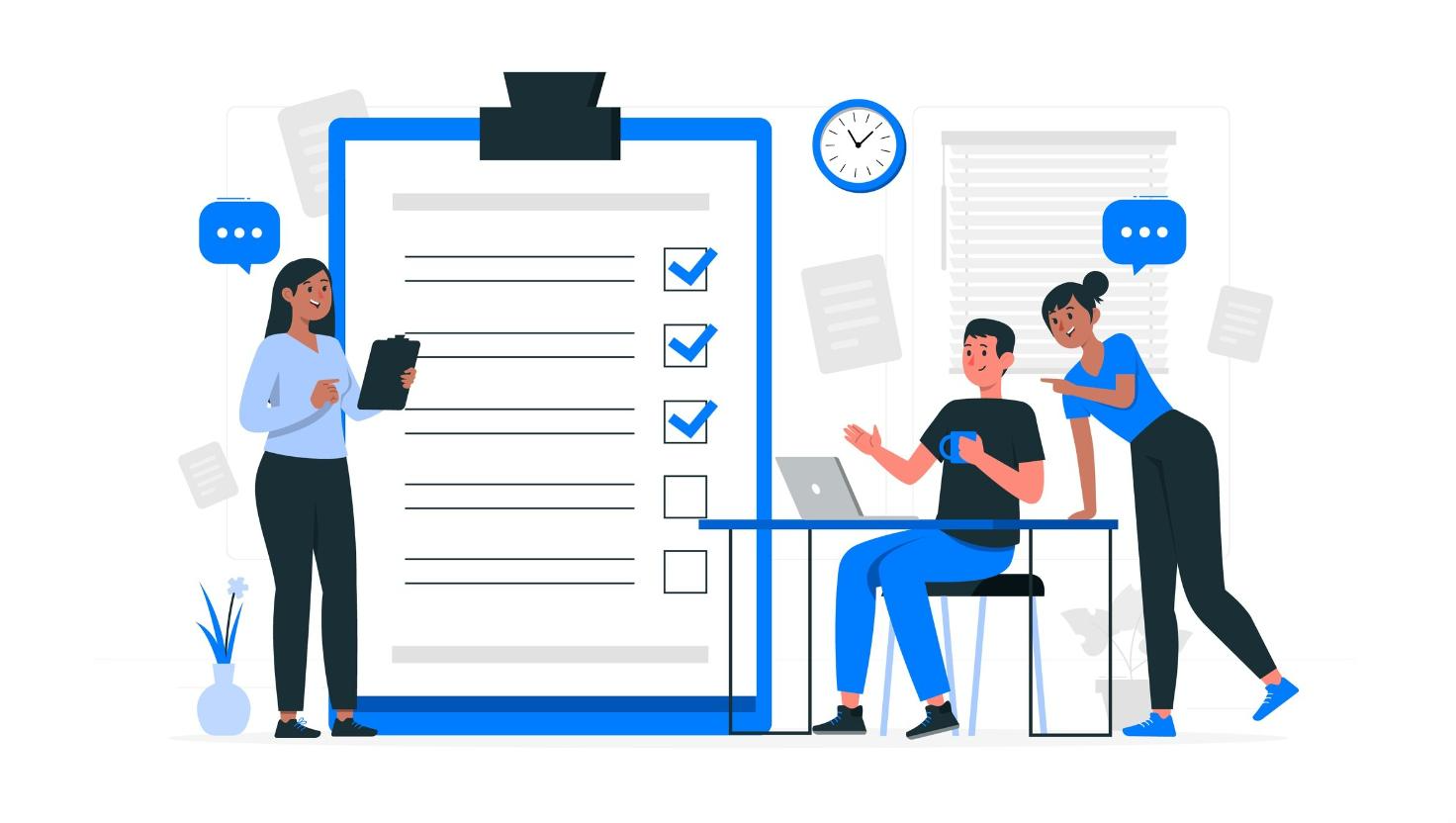You’ve probably already hopped on a Microsoft Teams call today—whether for a chat with your coworkers, a team meeting, or a one-on-one client discussion. But if you’re managing a business in a regulated industry (healthcare, finance, government, or legal), you might find yourself asking: What about call recording? Is Teams compliant with regulations?
But don’t worry; we’ve got you covered. Please enjoy an in-depth guide on how to achieve Microsoft Teams call recording compliance with the right strategy, the right implementation, and a single add-on from TeamMate.
But First, What is Call Recording Compliance?

First things first, let’s get the basics down. When we talk about “call recording compliance,” we’re referring to the requirement that calls and meetings—whether they’re voice or video—adhere to legal and regulatory standards at the state, national, and international level.
It’s much more than just pressing record and saving the file—it’s about doing it the right way so that your recordings are admissible in court, protected from unauthorized access, and captured, stored, and used according to industry standards.
Why Compliant Teams Call Recording Matters for Businesses

Let’s break down some of the most common regulations that might apply to your business and why they require call recordings:
1. HIPAA (Health Insurance Portability and Accountability Act)
HIPAA requires healthcare providers and their business associates to protect patient data, including communications that discuss patient information. If you’re recording Teams calls that discuss patient health information (PHI), you’ll need to ensure that:
- The recordings are encrypted.
- They are stored in a secure manner that only authorized personnel can access.
- You can provide an audit trail to demonstrate who accessed the recordings and when.
Any failure to meet these standards could result in hefty fines, or worse, a data breach that compromises patient confidentiality.
2. FINRA (Financial Industry Regulatory Authority)
For businesses in the financial sector, FINRA mandates that financial firms must retain records of their communications, including calls. If you’re providing financial advice or managing investments over Microsoft Teams, those calls need to be:
- Retained for at least 3 to 7 years (depending on the specific regulations).
- Accessible to regulators for auditing purposes.
Failing to record and store calls correctly could not only lead to financial penalties but also reputational damage in a sector that relies heavily on trust.
3. GDPR (General Data Protection Regulation)
GDPR, the EU’s data privacy law, applies to any company that handles personal data of EU residents. This regulation covers everything from email communications to phone calls. If you’re recording Teams calls that involve personal data, you need to ensure that:
- You have explicit consent to record the call.
- The recordings are securely stored and processed.
- You can delete or anonymize recordings if necessary to comply with data retention requirements.
Companies that fail to comply with GDPR could face significant fines—up to 4 percent of their global revenue.
Other Legal and Government Regulations
Depending on your business, you may need to comply with a variety of other regulations—whether they be industry-specific or more broadly applied by local, state, or national governments. These include the likes of:
- SOX (Sarbanes-Oxley) for publicly traded companies in the US.
- Payment Card Industry Data Security Standard (PCI DSS) for businesses handling payment card data.
- CMMC (Cybersecurity Maturity Model Certification) for government contractors.
It’s vital to understand what business call recording regulations apply to you and ensure you have a compliant call recording strategy in place.
How to Build a Compliant Call Recording Strategy for Teams

Now that we know why call recording compliance is important, let’s get into how you can set up a strategy that aligns with these relevant regulations. The steps below will guide you through the process of ensuring your Teams calls are fully compliant.
Step 1: Research Relevant Laws
The first step in any compliance strategy is to understand the laws and regulations you need to comply with. Whether you’re dealing with HIPAA, GDPR, or any other regulation, it’s crucial to know the specific call recording requirements.
- Where do you operate? Countries have different laws. For example, GDPR applies in the EU, while HIPAA applies in the U.S. You need to research whether call recording is required in your region or industry.
- What’s the law on data retention? Some regulations require businesses to store communications for a certain period. For example, financial services firms need to keep recorded calls for several years.
Take the time to get familiar with these rules, or better yet, work with a compliance expert who can help you navigate them.
Step 2: Identify Key Touchpoints for Call Recording
Once you have a clear understanding of the laws, it’s time to assess your operations. Not every call or meeting needs to be recorded. Focus on identifying the key touchpoints where recordings are required.
- Customer service calls
- Financial advisory meetings
- Legal consultations
- Healthcare-related discussions
Make sure to document these touchpoints. Knowing where and when recordings need to be made helps you focus on compliance, and avoid over-recording that can lead to storage and privacy issues.
Step 3: Evaluate Your Infrastructure Needs
You’ll need to make sure that your network can handle high-quality call recordings. If your call recordings are too blurry or are cut off, they’re not going to be very useful for compliance purposes. So be sure to check your:
- Network capacity: You must have enough bandwidth and storage space for recording calls and storing them securely.
- Call quality: Poor quality recordings can become a compliance issue. Be sure your Teams setup can handle clear, high-quality calls.
In addition, think about cloud storage options for securely storing recordings. Is your current cloud storage setup compliant with industry standards for data encryption and privacy? If not, it’s time to upgrade.
Step 4: Discuss Recording Storage and Retention Periods
Once the calls are recorded, you need to store them securely. This is where your compliance strategy really starts to come into play. For example, FINRA may require that recordings be stored for 3 years, while HIPAA requires 6 years. Other industries may have similar or different requirements.
Some things to keep in mind:
- Where are you storing these recordings (cloud vs. on-premise)?
- Are the recordings encrypted both in transit and at rest?
- What happens to recordings after they reach the end of their retention period?
It’s important to set up clear guidelines for this storage and retention. Also, you’ll want a solid process for securely deleting call recordings when they’re no longer needed to avoid running afoul of any regulations. The last thing you want is to get caught with recordings that are older than the statute of limitations for data storage.
If you’re unsure about the timeline, it’s worth consulting a compliance expert to figure out the best recording options for your specific industry.
Step 5: Set Clear Call Recording Management Policies
While keeping recordings for the required time period is easily accomplished, you also need to make sure that they are properly managed throughout their lifecycle. So, once you’ve got your storage and retention periods sorted, it’s time to set call recording management policies. You have to decide who has access to compliance recordings made during Microsoft teams meetings.
If you’re struggling, we have some common examples to share, such as:
- Doctors, nurses, and other healthcare providers who are involved in patient care.
- Lawyers and paralegals may need to access recordings for litigation or legal review purposes.
- Senior management could require access for oversight or in the event of a dispute.
- System administrators responsible for maintaining the infrastructure and ensuring proper security measures are in place.
- Support teams could access recordings to resolve customer complaints or improve service quality (depending on policies).
- Account managers and financial advisors who interact with clients and need to retain recorded advice or transactions.
Be sure to implement a system that only allows access to call recordings based on these roles, and restrict access to unauthorized users.
Step 6: Establish User Consent for Recording
This is the fun part. Get used to asking for permission before you hit that record button. Different regions require different levels of consent:
- In some places (like the EU), you need explicit consent from all parties involved before recording.
- In other regions (like many states in the U.S.), you might just need consent from one party—but check your local laws to be sure.
Make sure that Microsoft Teams users are aware their calls are being recorded and have the ability to opt-out if they choose. Additionally, meeting organizers can remove external participants if they’re not comfortable having their conversations recorded. Consent isn’t just nice to have; it’s the law in many cases.
So, Can You Record Teams Calls Compliantly?
In short, yes—you can record calls on Teams and stay compliant. But not directly out of the box with Microsoft’s native Teams settings. Microsoft allows for meeting recording, but it’s mostly focused on meeting content (meeting chat, screen sharing activity, etc.) and doesn’t cover individual call recordings or the advanced compliance features needed for regulated industries.
The good news is that third-party tools, like TeamMate Technology’s, can help you bridge this Microsoft Teams call recording compliance gap.
4 Steps to Implementing Your Compliant Call Recording Strategy

Now that you understand the importance of compliance and formed a basic strategy, let’s talk about how you can implement it. Here are some actionable tips to get you started.
Step 1: Choose the Right Third-Party Call Recording Solution
As mentioned, Microsoft Teams doesn’t offer a native call recording compliance solution. But you can make it compliant with the right third-party tool.
TeamMate Technology offers a simple, secure, and reliable solution that integrates with Teams to provide full compliance with regulations like HIPAA, GDPR, and FINRA.
Step 2: Set Up Your Call Recording Policies
Once you’ve got the right tool, the next step is establishing the call recording policies you came up with earlier. What calls will be recorded? How long will you keep the recordings? Who can access those recordings?
Offerings like TeamMate’s will allow you to quickly (and easily) customize your call recording policies according to your specific regulatory needs.
Step 3: Ensure Full Encryption and Security
When dealing with sensitive information, security is non-negotiable. Make sure that the third-party solution you choose:
- Encrypts your recordings both at rest and in transit.
- Provides appropriate access controls to limit who can view and manage recordings.
- Makes sure that any personal data shared in calls (whether it’s healthcare data or financial information) is handled securely.
This will guarantee that your recordings are fully protected from unauthorized access, even if someone tries to intercept them during transmission.
TeamMate Technology offers end-to-end encryption for all calls, so you can rest assured that your recordings are kept secure, in compliance with regulations like HIPAA and GDPR.
Step 4: Automate Compliance Reports and Audits
In many regulated industries, you need to be able to produce compliance reports and undergo audits. This can be a headache if you’re manually tracking recordings, permissions, and retention policies. A good third-party solution will automate this process, making it easier to generate reports and demonstrate compliance during an audit.
TeamMate Technology allows you to automatically generate reports that can be used for audits, giving you peace of mind that you’re always ready if regulatory bodies come knocking.
Meet TeamMate Call Recording: Built for Microsoft Teams Call Recording Compliance

If you need to record Microsoft Teams meetings—securely, automatically, and in a way that stands up to regulatory scrutiny—TeamMate’s Call Recording solution should be your go-to.
TeamMate Call Recording is a native Microsoft Teams recording platform that fills in all the compliance gaps that Microsoft leaves behind. It’s designed specifically for businesses and MSPs managing communications in industries where compliance recording features aren’t optional.
Here’s how TeamMate helps you get compliant (and stay that way):
1. Capture Every Call (Not Just Meetings): TeamMate’s compliance recording solution will automatically start recording all Teams Phone calls, including:
- 1:1 user-to-user calls
- PSTN and PBX calls
- Conference calls
No more gaps. You get full visibility into business communications.
2. Secure Storage You Can Trust: Recordings are encrypted and stored securely in the cloud. You control where data is hosted—so if you need to keep data within certain geographic regions to stay compliant (hello, GDPR), you’re covered.
3. Access Control and Audit Trails: TeamMate gives you granular control over who can access call recordings. Plus, it logs every interaction—so if an auditor asks who accessed what, and when, you’ve got the receipts.
4. Compliance-Ready Retention Policies: Need to keep recordings for 7 years? No problem. Need to delete them after 30 days to meet privacy rules? Easy. TeamMate’s compliance recording solution lets you automate retention policies based on your regulatory needs.
5. Consent and Disclosure: TeamMate supports customizable disclosure messages and recording notifications to meeting participants—critical for staying compliant with consent laws (like those in GDPR or certain areas of the U.S.).
With TeamMate, you can rest assured that your Teams call recordings will be managed in a secure, compliant manner. Plus, our platform for Microsoft Teams call recording compliance is easy to use—meaning you won’t be drowning in complicated regulatory paperwork or struggling with technical glitches.
Ready for a Teams meeting recording that’s actually compliant? Reach out to TeamMate for a conversation today!







